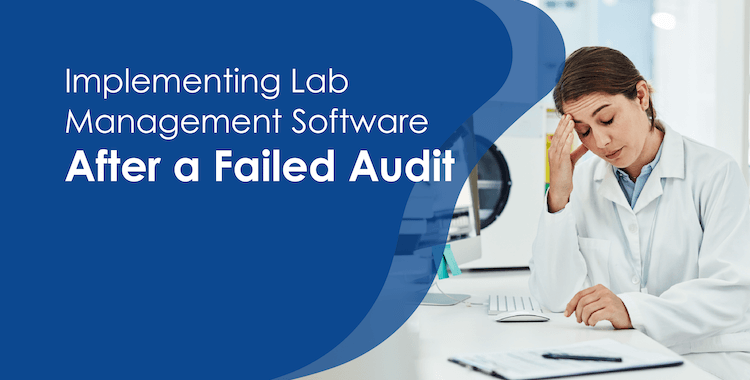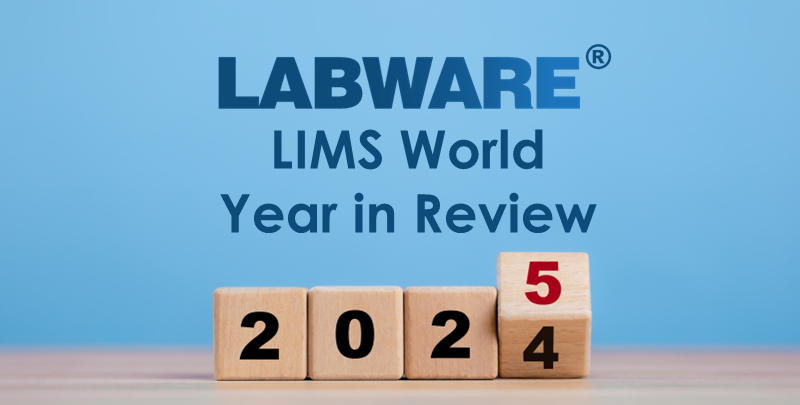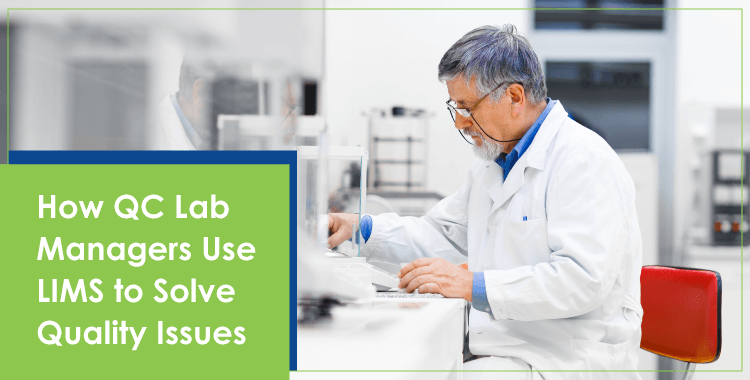Achieving LIMS Audit Compliance with Lab Management Software
In the world of laboratory management, LIMS audit compliance is a crucial aspect that can greatly impact an organization's success. With increasing...

Data integrity is fundamental across numerous industries, but the terminology, practices, and language can often be complex and inconsistent. This article aims to clarify the concept of data integrity within laboratories and illustrate how LabWare LIMS can play a vital role in ensuring accurate, reliable data, specifically addressing and mitigating regulatory concerns around dry-labbing.
Dry-labbing refers to deceptive practices, fraud, and malpractice in laboratory settings, that involve generating results without performing the required testing. This has been a reoccurring issue the FDA has faced dating back to the 1980s, with international, global, and universal implications. Throughout the history of manufacturing pharmaceuticals and medicinal goods for the public, laboratories may seek to employ tactics to streamline the production and distribution of said goods, undertaking “shortcuts.”
When referencing the FDA in this capacity, the underlying goal is to ensure that all products conform to appropriate Good Manufacturing Practice (GMP) or Good Laboratory Practices (GLP) as well as quality procedures defined in Standard Operating Procedures (SOPs) and specifications. Any company deemed noncompliant with regulations and conditions, may be issued an FDA Form 483, which necessitates corrective action. While there are significant variations in what could be deemed noncompliant, pertinent examples include submission of data without any actual testing, misuse of instruments, falsifying data, and collusion.
Given the seriousness of the implications associated with fraudulent or questionable laboratory practices, often referred to as dry-labbing, the FDA changed its guidance regarding data integrity. The FDA defines data integrity as “the accuracy, completeness, and reliability of data; accurate, complete, and reliable data should be attributable to the person generating the data, legible, contemporaneously recorded, original or a true copy, and accurate (ALCOA). According to the FDA, “it is the role of industry, specifically management with executive responsibility, to create a quality culture where personnel understand that data integrity is an organizational core value and personnel are encouraged to identify and promptly report data integrity issues.”
In congruence with the FDA, LabWare implemented the policy of Regulatory Data Integrity, highlighting the necessity of audit trails. In all industries, industry compliance with SOPs and specifications is fundamental. Audit trails are essentially maps that navigate and document the chronological history of laboratory procedures, operating systems, user activities, instrumentation, and other specific occurrences. As such, they are crucial in identifying irregularities and process failures, as well as data anomalies. In the early stages of implementing a system, audit trails are relatively simple to monitor, however as the complexity of the system grows, it becomes unmanageable for any one individual, and therefore a risk-based approach must be adapted. One feature of Data Integrity in LabWare is audit prompts for unsaved data, at any step in the workflow. All data entered is captured instantaneously, prompted for an audit reason to deem whether changes, anomalies, and deviations are accidental or deliberate, and is logged into an audit trail. Dry-labbing specifically refers to those changes that are all but accidental, but rather fraudulent in nature. In an Office of Inspector General report the EPA defined Lab Fraud as “The deliberate falsification of analytical and quality assurance results, where failed method and contractual requirements are made to appear acceptable.” Some examples include data manipulation, improper calibration, overwriting files, and incomplete record-keeping. Through RDI, every step is identifiable, down to the time and identity of the person conducting the procedures, ensuring Quality Control (QC).
With a risk-based approach, LabWare LIMS management of data integrity allows for opportunities to review a fraction of the audit logs, and any findings inconsistent with SOPs are flagged to be reviewed and addressed. This can also be referred to as filterability. Having a comprehensive electronic record of all data, steps, and processes allows all deviations to be easily identified and tracked to determine whether fraud/ dry-labbing occurred, giving regulators confidence in the controls being applied within the laboratory. The ability of laboratories using LabWare LIMS to have transparent controls ensures that all data practices can be demonstrated to be both adhering to GMP and meeting FDA expectations.
LabWare LIMS provides a robust system to regulate data integrity and ensure compliance with industry standards. By fostering a culture of transparency and accuracy, LabWare helps laboratories maintain the highest levels of data integrity with minimal overhead. Discover how LabWare LIMS can help you ensure your lab meets the highest data integrity and compliance standards.
Contact us today for more information or to schedule a demo.

In the world of laboratory management, LIMS audit compliance is a crucial aspect that can greatly impact an organization's success. With increasing...

Now that 2025 is underway, it’s an ideal time to reflect on the insights, innovations, and milestones captured in our 2024 LIMS World blog posts....

Today, in the rapidly changing lab setting, quality control of LIMS is essential for attaining precise and dependable analytical data. A robust...